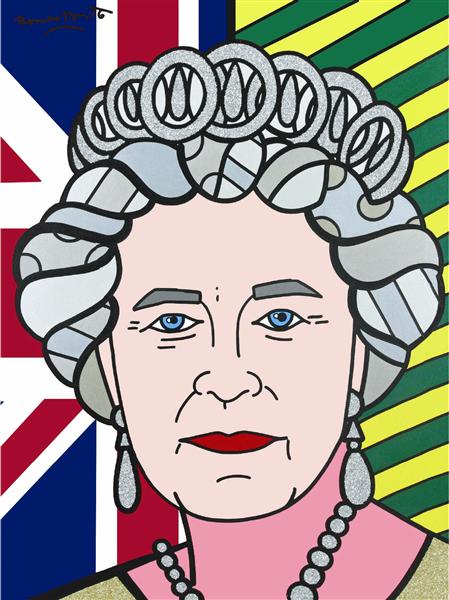Queen Elizabeth has died.
Through her demeanor, propriety, steadfastness and unwavering service — and simply by being there for so many years — Queen Elizabeth came to define the constitutional monarch not just for Europe, but for the world.
Besides being the longest-serving monarch, she was the most-traveled and most observed monarch in the world’s history of kings and queens.
She ruled for seven decades, unshakably committed to the rituals of her role amid epic social and economic change and family scandal.
Though it may perhaps not yet be apparent to some, her death marks not just the end of an era, but the end of a dominant part of world history and culture that is thousands of years old. It is the death of a history of kings and queens who served as anchors to their people, one held in place by an unspoken consensus between ruler and subjects.
Throughout her reign, Elizabeth remained determinedly committed to the hallmark aloofness, formality and pageantry by which the monarchy has long sought to preserve the mystique that underpinned its existence and survival.
Her personal behavior, unlike that of most of her family, was beyond reproach, never tainted by even the remotest hint of scandal. Elizabeth offered her subjects a mirror of the high moral standards that many might aspire to but most fail to attain.
To function in a democracy, a hereditary monarchy requires that the citizenry accept a bit of fiction — namely that one person and their family, standing above politics, can represent the nation and its values.
Queen Elizabeth was the last of the monarchs to buck the current trend – as can best be seen in Scandinavian countries, of deliberate degradation of monarchies, whereby kings and queens can barely be distinguished from normal citizens. Her death will only seal the inevitable end.
Which brings us to the larger perspective that the death of the Queen raises. It is the perspective of the direction and future of human values, and to a larger sense, of mankind.
Beyond all questions of popularity, usefulness and propriety is the question of whether our current societal and (counter)cultural trends are capable of recognizing, that elitism, in the proper sense of the word, along with a touch of mystique and dignity, can be – if not to some a self-evident, then by human nature, a vital ingredient to the cultivation of human morals.
published: 12. 9. 2022







